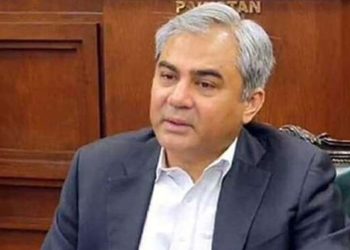Punjab Chief Minister Maryam Nawaz Sharif has approved a relief plan aimed at reducing the burden of electricity costs on the province’s citizens.
According to the approved plan, consumers using between 50 to 500 units per month will be offered interest-free loans for solar panel installation. This initiative, called the “Roshan Gharana” program, is expected to be a game-changer for millions of residents facing high electricity costs and energy shortages.
To formalize the “Roshan Gharana” program, the Chief Minister has convened a cabinet meeting tomorrow (Tuesday). During this meeting, the Punjab Cabinet is expected to officially endorse the plan to distribute solar panels to eligible consumers.
Sources indicate that the solar panels will be provided to consumers on a five-year installment plan, making it financially feasible for a large number of households. Under this program, the Punjab government will bear 90% of the cost of the solar panels, with the remaining 10% to be paid by the consumers. Additionally, the installment amount will be lower during the winter months, providing further relief to users.
The government will exclusively handle the distribution of the panels, ensuring the program is managed efficiently and transparently. The program is expected to benefit millions of consumers who use between 50 and 500 units of electricity per month. By transitioning to solar energy, these households will not only experience reduced electricity bills but also contribute to the overall reduction of the energy burden on the national grid.
Moreover, the program includes provisions for determining the ratio between the electricity generated from the solar panels and that provided by the government. This will allow consumers to balance their energy needs effectively and ensure a smooth transition to renewable energy sources.
The “Roshan Gharana” program is designed to provide long-term solutions to the energy crisis while promoting the use of renewable energy. The initiative is also expected to have a positive impact on the environment by reducing reliance on non-renewable energy sources.


































